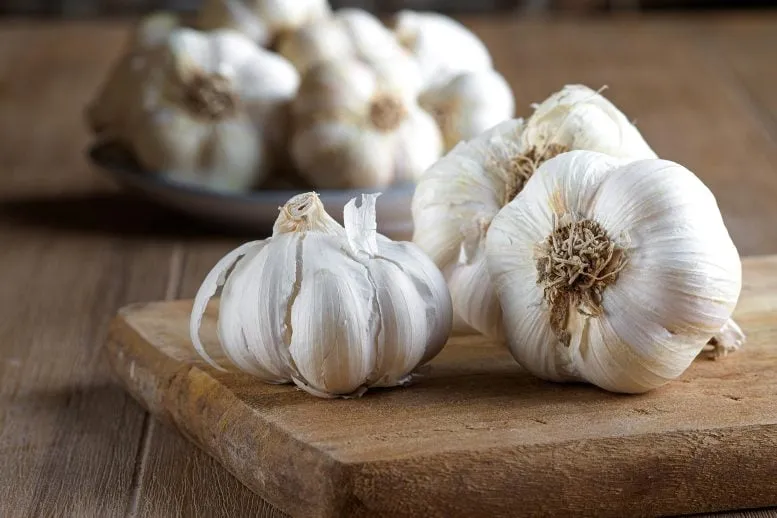Garlic Extract Proves Effective as Mouthwash, Say Researchers

Recent research has highlighted the potential of garlic extract as a natural alternative to conventional mouthwashes in combating bad breath. Scientists at the College of Dental Medicine, University of Sharjah, in the United Arab Emirates, have published findings suggesting that garlic, often associated with strong odours, could be more effective than traditional mint-flavoured products.
The study, published in the Journal of Herbal Medicine in 2025, compared the antimicrobial efficacy of garlic extract to that of chlorhexidine, a widely used antiseptic mouthwash. Chlorhexidine is regarded as the gold standard for oral hygiene due to its ability to reduce harmful bacteria and prevent gum disease. However, it is not without its drawbacks, including side effects such as altered taste, oral numbness, burning sensations, and discolouration of teeth and tongue.
Garlic's effectiveness is attributed to allicin, a compound released when garlic is crushed. Researchers found that a 3% garlic extract mouthwash significantly reduced the number of bacteria in saliva within a week, sometimes outperforming the 0.2% chlorhexidine mouthwash.
The research involved a meta-analysis of five previous studies, establishing garlic's strong antimicrobial properties against a range of bacteria, fungi, and even viruses. Despite its advantages, garlic mouthwash does have limitations. While it is effective against multidrug-resistant bacteria, it may not match chlorhexidine in combatting specific pathogens like Porphyromonas gingivalis, which is linked to gum disease.
However, the use of garlic as an oral rinse does come with some potential side effects. Participants in the study reported experiencing an unpleasant taste and a burning sensation in the mouth, which could deter some individuals from using it as a mouthwash.
The researchers noted that while chlorhexidine has superior antimicrobial action against certain bacteria, garlic might be a viable option for those seeking a natural remedy. They stated, "Garlic extract mouthwash showed comparable efficacy to chlorhexidine, particularly at higher concentrations."
For individuals considering garlic mouthwash as an alternative, it is recommended to prepare it using fresh garlic cloves, diluting the extract with water to create a 3% solution to mitigate irritation. Additionally, limiting use to once or twice a day and rinsing thoroughly with water can help reduce discomfort and the strong odour associated with garlic.
As the quest for natural health solutions continues, garlic extract is emerging as a promising candidate for oral hygiene. Although it may not be suitable for everyone, those struggling with persistent bad breath or looking for a plant-based mouthwash might find garlic a worthwhile option. It raises the question: could this kitchen staple soon become a staple in dental care?
Note: This article is for informational purposes only and should not be taken as medical advice. Consult with a healthcare professional before making any changes to your oral hygiene routine or diet.

Prime Minister Modi Outlines Key Proposals at G20 Summit

Vietnam Flooding Claims 90 Lives Amid Ongoing Rain and Landslides

US Court Upholds $194 Million Damages Against Tata Consultancy Services

US and European Officials Discuss Ukraine Peace Plan Amid Tensions





